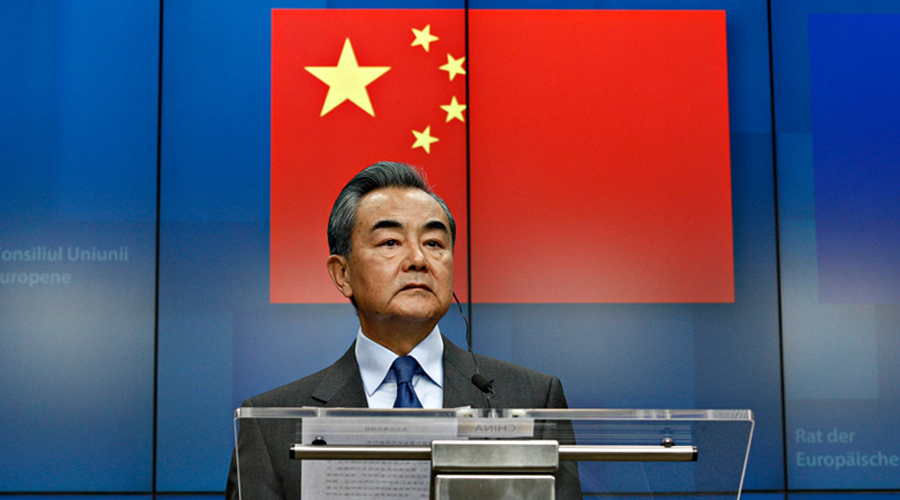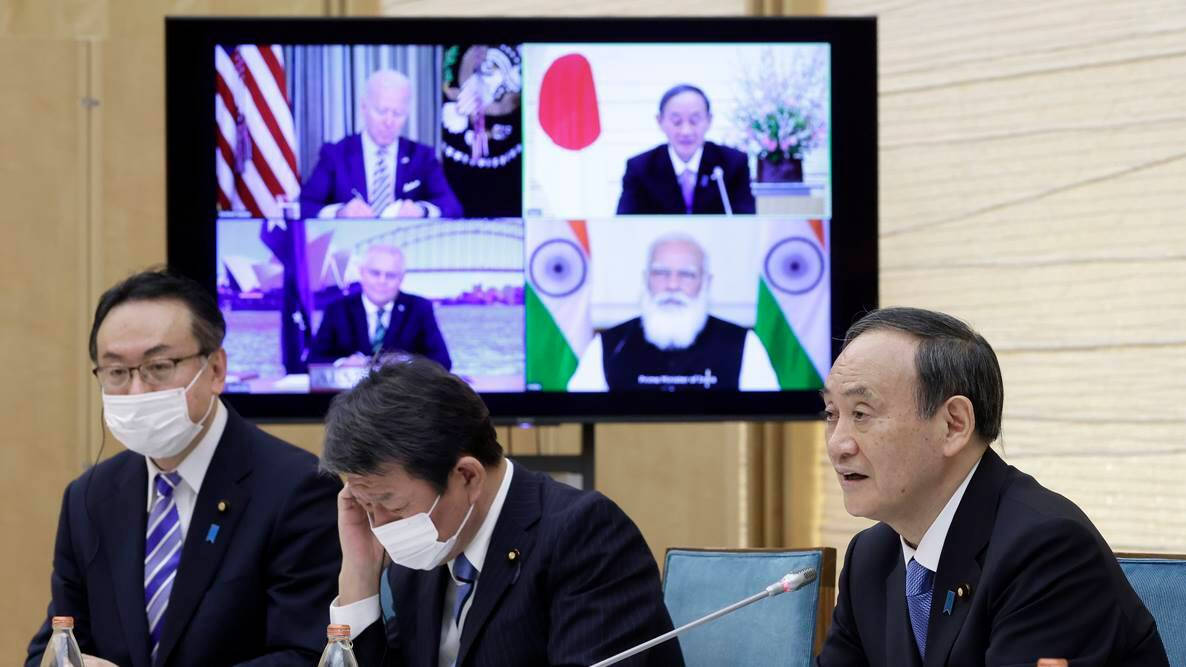China agreed to invest $400 billion in Iran over 25 years in exchange for a steady supply of oil to fuel its growing economy under a sweeping economic and security agreement signed on Saturday.
The deal could deepen China’s influence in West Asia and undercut American efforts to keep Iran isolated. But it was not immediately clear how much of the agreement can be implemented while the international dispute over Iran’s nuclear programme remains unresolved.
President Biden has offered to resume negotiations with Iran over the 2015 nuclear accord that his predecessor, President Trump, abrogated three years after it was signed. But he says Iran must first commit to adhering to the terms of the agreement.
Iran has refused to do so, and China has backed it up, demanding that the US act first to revive the deal it broke by lifting unilateral sanctions that have suffocated the Iranian economy. China was one of five world powers that, along with the US, signed the 2015 nuclear agreement with Iran.
The foreign ministers of the two countries, Mohammad Javad Zarif and Wang Yi, signed the agreement during a ceremony at the foreign ministry in Tehran on Saturday, according to Iran’s semi-official Fars News Agency. That capped a two-day visit by Wang that reflected China’s growing ambition to play a larger role in a region that has been a strategic preoccupation of the US for decades.
“For the region to emerge from chaos and enjoy stability, it must break free from the shadows of big-power geopolitical rivalry, stay impervious to external pressure and interference and explore development paths suited to its regional realities,” a spokeswoman for China’s foreign ministry, Hua Chunying, said on Friday. “It must build a security architecture that accommodates the legitimate concerns of all sides.”
New York Times News Service












